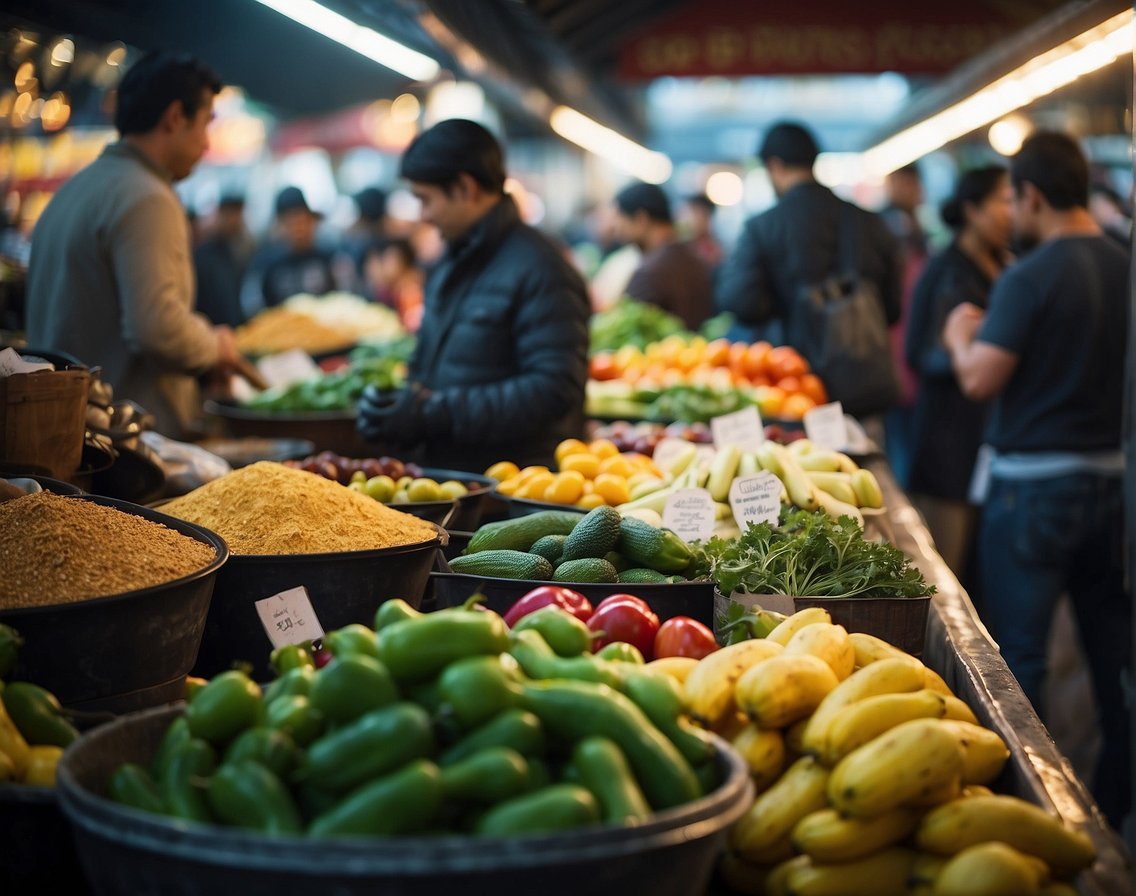Benefits of Food Tourism: Exploring the Richness of Slow Food and Culinary Destinations Worldwide
Food tourism, also known as culinary or gastronomy tourism, is an industry that allows travelers to explore destinations through their unique flavors and culinary traditions. It’s a way to experience a region’s culture, history, and social customs by indulging in local cuisine. This growing segment of tourism not only provides a memorable experience for travelers but also brings numerous benefits to the destinations they visit. By engaging with food-centric festivals and trying heirloom recipes, tourists develop a deeper connection with the places they explore, often leading to a more authentic and enriching travel experience.
A significant advantage of food tourism is the economic stimulus provided to local communities. It supports small-scale producers, family-owned restaurants, and local markets, thereby contributing to the preservation of traditional culinary practices and regional biodiversity. Sustainable food tourism practices, such as the slow food movement, encourage responsible consumption and promote the use of local, seasonal produce, which can lead to improved environmental outcomes.
In recognizing the best places for food enthusiasts, one notes cities worldwide that have made their mark as top food tourism destinations. Locations like Bangkok, Tokyo, and Paris attract food lovers from around the globe thanks to their renowned dishes and gastronomic heritage. Here, visitors can immerse themselves in cooking classes, market tours, and exclusive tasting events that showcase what these culinary hotspots offer.
The Emergence of Food Tourism

Food tourism has rapidly evolved from a niche activity into a vital element of the travel industry. It intertwines the exploration of food, history, and culture, offering travelers an authentic taste of the destination’s culinary heritage.
Origins: Initially, food tourism’s roots can be traced to travelers seeking sustenance. Gradually, it became clear that cuisine offers a profound insight into a region’s culture, leading to a more deliberate pursuit of gastronomic experiences.
Cultural Integration: Today, food tourism has become a dynamic way to experience a destination’s history and culture through gastronomy. It allows travelers to engage with local traditions and practices, preserving and appreciating culinary…
Click Here to Read the Full Original Article at Out of Town Blog…
